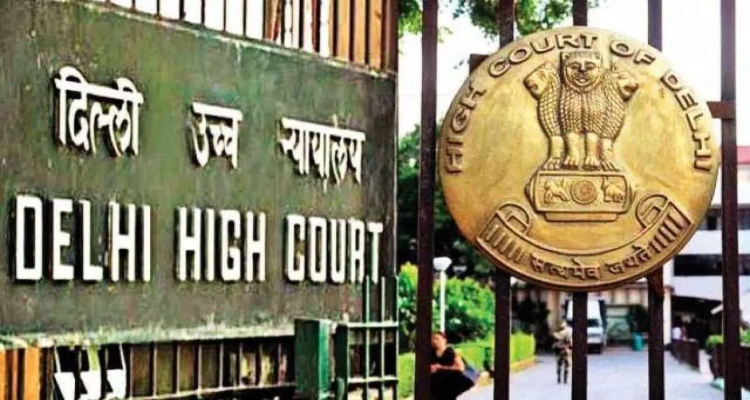
The Delhi High Court setaside a trial court’s order that had issued bailable warrants against a Deputy Commissioner of Police (DCP) for alleged non-cooperation in promptly obtaining a forensic report related to a case under the anti-drugs law.
Justice Amit Bansal expressed astonishment at the trial court’s decision, noting that despite a prior high court directive discouraging such orders against senior officials and urging judicial officers to exercise restraint, the trial court judge persisted in issuing such directives, thereby violating judicial discipline.
The court emphasized that routinely issuing bailable warrants tarnishes the image and reputation of high-ranking police officials, impacting their service records and subjecting them to stigma.
Referring to a precedent Ajit Kumar v. State, the court underscored the importance of exercising judicial restraint in such matters.
In July, the trial court had directed the personal appearance of the investigating officer, station house officer (SHO), assistant commissioner of police (ACP), and the concerned DCP on August 2.
On that date, the DCP (crime) sought exemption from personal appearance, but the trial court rejected the request and issued bailable warrants worth Rs 5,000 against him, citing the absence of official exigencies in the request letter.
The high court, in its order, deemed the trial court’s directions for the personal presence of officials and the issuance of bailable warrants against the DCP as unjustified and without legal authority.
The order dated August 2, 2023, for the issuance of bailable warrants against the DCP was set aside.
Given the trial court judge’s consistent defiance of the high court’s judgment on this matter, Justice Bansal directed that the present order be forwarded to the Inspection Committee of the high court for the judge’s review.
The high court, while addressing the State’s appeal against the trial court order, emphasized that delays in obtaining Forensic Science Laboratory (FSL) reports should not be construed as negligence on the part of the police authorities.
The court clarified that the FSL operates independently and is not under the control of the Delhi Police, making it beyond their control to expedite reports.
Calling senior police officials to court for such matters, the court asserted, hampers their regular duties. In this case, the trial judge had no grounds to summon the investigating officer, SHO, ACP, and DCP to court, let alone issue bailable warrants against the DCP.




